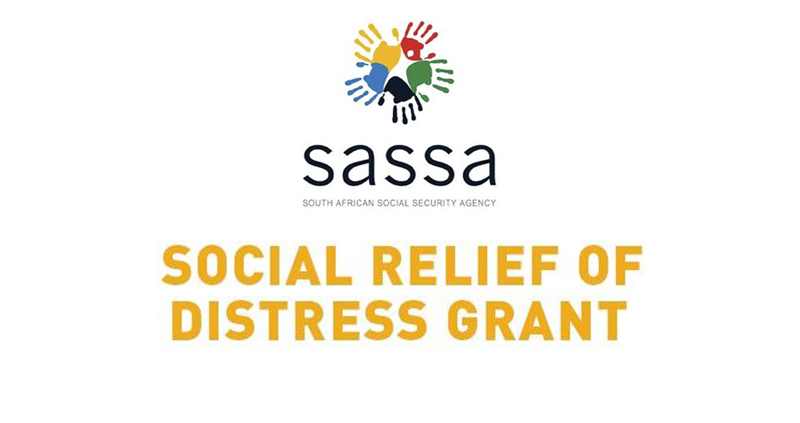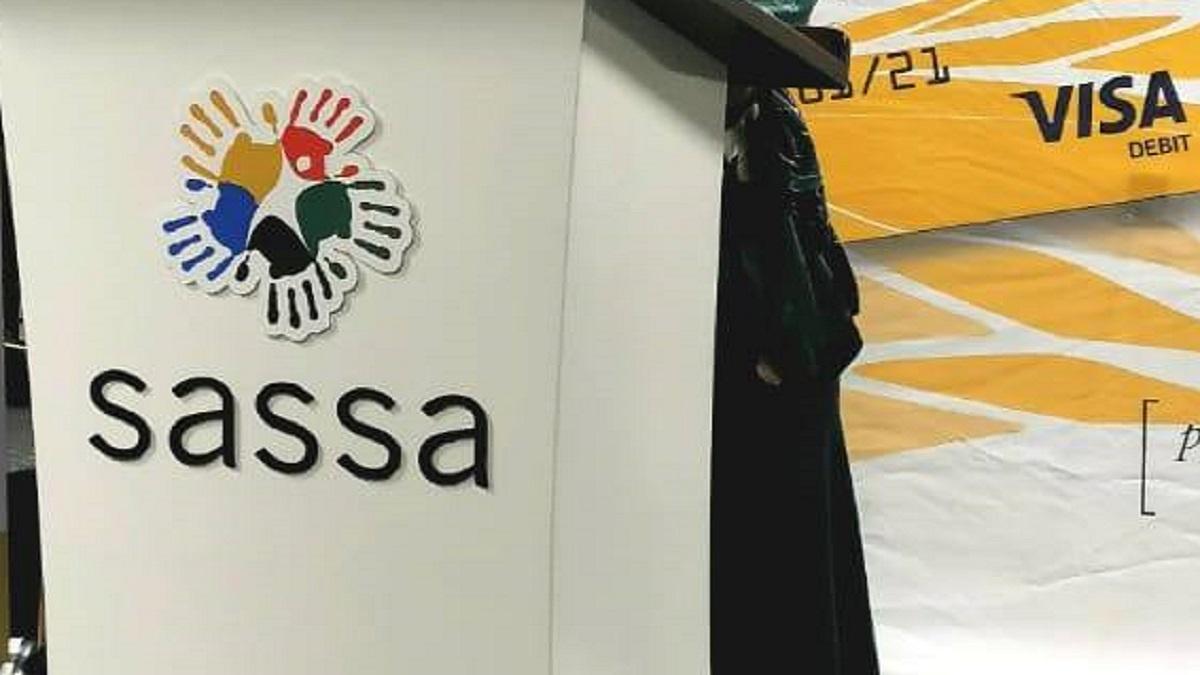South Africa Extends COVID-19 Social Grant Until 2025

Government Announces Extension to Aid Low-Income Individuals
Publication Date: November 1, 2023
COVID-19 Social Grant : In a crucial move to support vulnerable citizens in South Africa, the government has officially extended the COVID-19 Social Relief of Distress Grant (SRD Grant) until March 2025. This extension, which was unveiled during the Medium Term Budget Policy Statement (MTBPS) presented to Parliament on November 1, 2023, is part of a broader strategy to reform the country’s social security policies and funding models. Let’s dive into the important details of this significant development.
Why the Extension Matters
The SRD Grant was initially introduced in response to the economic hardships faced by low-income individuals who were severely impacted by the COVID-19 lockdowns. The grant has been a lifeline for many, providing financial relief during challenging times. Now, with the extension, those who rely on this assistance can breathe a sigh of relief, knowing that support will continue for an additional year.
ALSO READ Sassa Grant Payments For November Commence
Allocating Funds
Minister of Finance Enoch Godongwana confirmed that an allocation of R34 billion has been designated to prolong the grant. This financial commitment underscores the government’s dedication to assisting those in need. However, it’s important to note that this extension is not just a short-term fix; it is part of a broader, forward-thinking strategy.
Comprehensive Review of the System
Minister Godongwana stressed the importance of conducting a comprehensive review of the entire social grant system. The 2023 Budget previously outlined that the SRD Grant would be funded until March 2024. However, the government is now looking beyond this date and proposing that the fiscal framework incorporates provisions for funding the grant for the 2024/25 period. Furthermore, the Department of Social Development and the National Treasury will collaborate on this extensive review, which indicates a holistic approach to addressing the country’s social welfare needs.
ALSO READ 📢 Exciting Job Opportunities with SASSA📢
The Bigger Picture
A significant portion of South Africa’s budget, 61% of consolidated non-interest spending, is allocated to the social wage. This encompasses various public spending areas, including health, education, housing, social protection, transport, employment, and local amenities. Of this, an impressive R945.9 billion is designated for social protection transfers, which include not only the SRD Grant but also other vital programs such as the old age grant, child support grant, and disability grant. South Africa’s commitment to social protection is substantial and ranks among the highest in developing countries when measured as a percentage of gross domestic product (GDP).
Future Projections
The MTBPS reveals long-term projections, indicating a potential increase in social assistance beneficiaries. By 2040/41, it is estimated that these beneficiaries, excluding the temporary COVID-19 SRD Grant, could reach 22.5 million, necessitating substantial annual spending, equivalent to 3% of the GDP. If the grant remains permanent, beneficiary numbers could grow to 40.4 million by 2040/41, costing 3.8% of GDP in that year. The government recognizes the importance of identifying a sustainable source of funding to support this expanded assistance.
Challenges in Education
While additional funding has been set aside to implement the 2023 public-service wage agreement, provincial education departments face constraints when it comes to hiring additional teachers. This could lead to larger class sizes and higher learner-teacher ratios, potentially impacting educational outcomes. To address this challenge, the sector is looking at strategies to allocate teachers more efficiently, optimize the use of learning materials, and manage infrastructure projects more tightly.
Post-School Education and Training
Institutions in the post-school education and training sector, including the National Student Financial Aid Scheme, are urged to align their student enrollment and bursary allocations with their budgets. Furthermore, planned infrastructure spending should be brought in line with institutions’ capacity to execute these projects.
Continued Health Services
The health sector is committed to maintaining service delivery even within budgetary constraints. While additional funding has been allocated to cover wage increases, baseline reductions are being implemented as part of fiscal consolidation. To mitigate these effects, the sector is focusing on improving efficiency in areas such as overtime payments, medical supplies, security services, and the delay of infrastructure projects.
Addressing Legal and Healthcare Challenges
The South African Law Reform Commission is finalizing a report on legal reforms to manage medico-legal claims, which pose a significant financial risk. To address funding fragmentation for oncology services, allocations will be shifted to the national tertiary services grant. A proposal for a single grant to consolidate existing personal and non-personal services components of the national health insurance indirect grant is also on the table. Funding redirection toward the Office of Health Standards Compliance aims to strengthen the Health Ombud.
In Conclusion
The extension of the COVID-19 Social Relief of Distress Grant is a testament to the South African government’s commitment to supporting those in need during challenging times. It also highlights the importance of planning for the long term by addressing broader social welfare, education, and healthcare challenges. This proactive approach ensures that the most vulnerable citizens continue to receive vital assistance, while also seeking sustainable solutions for the future.




